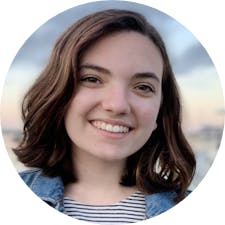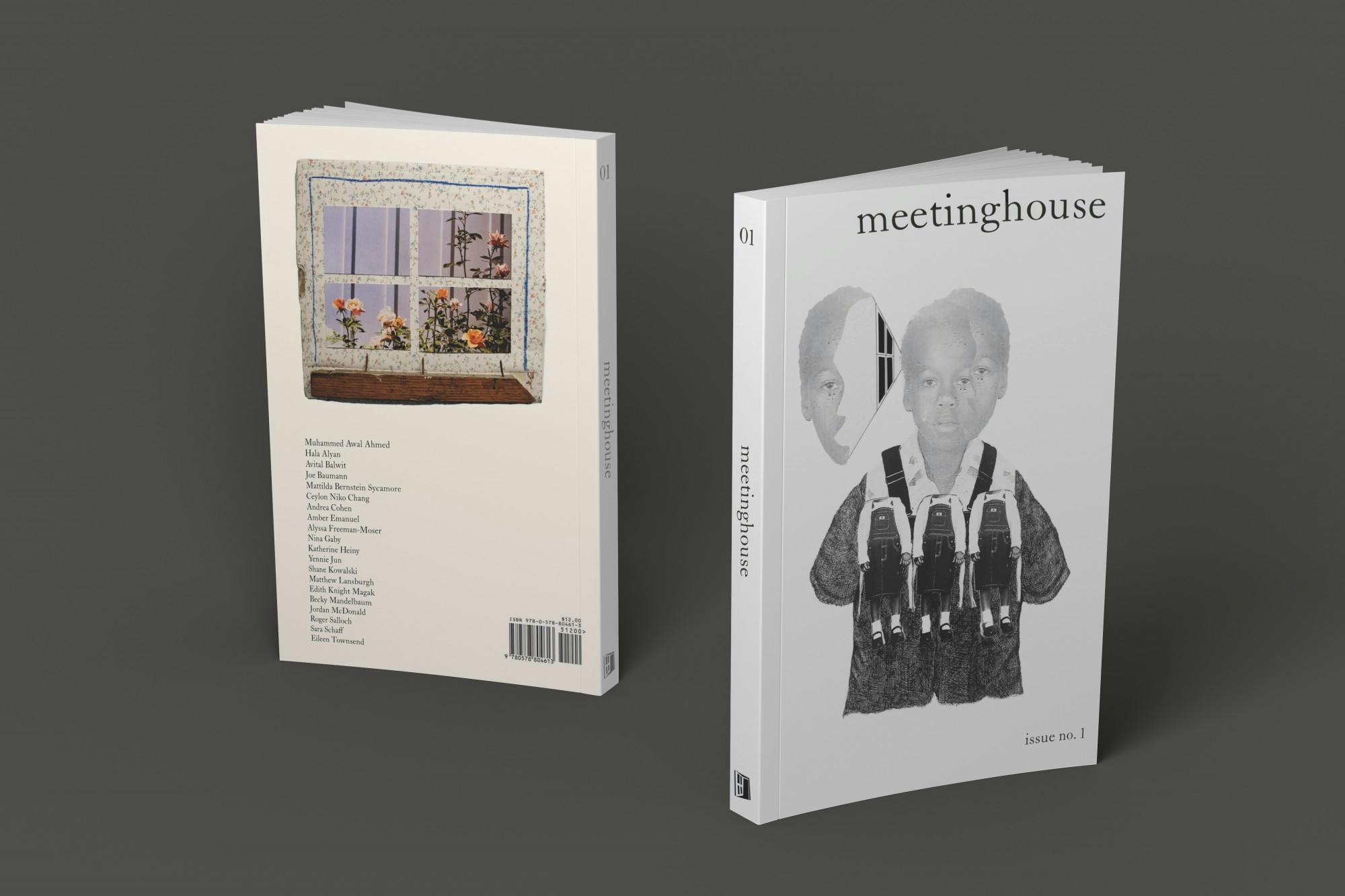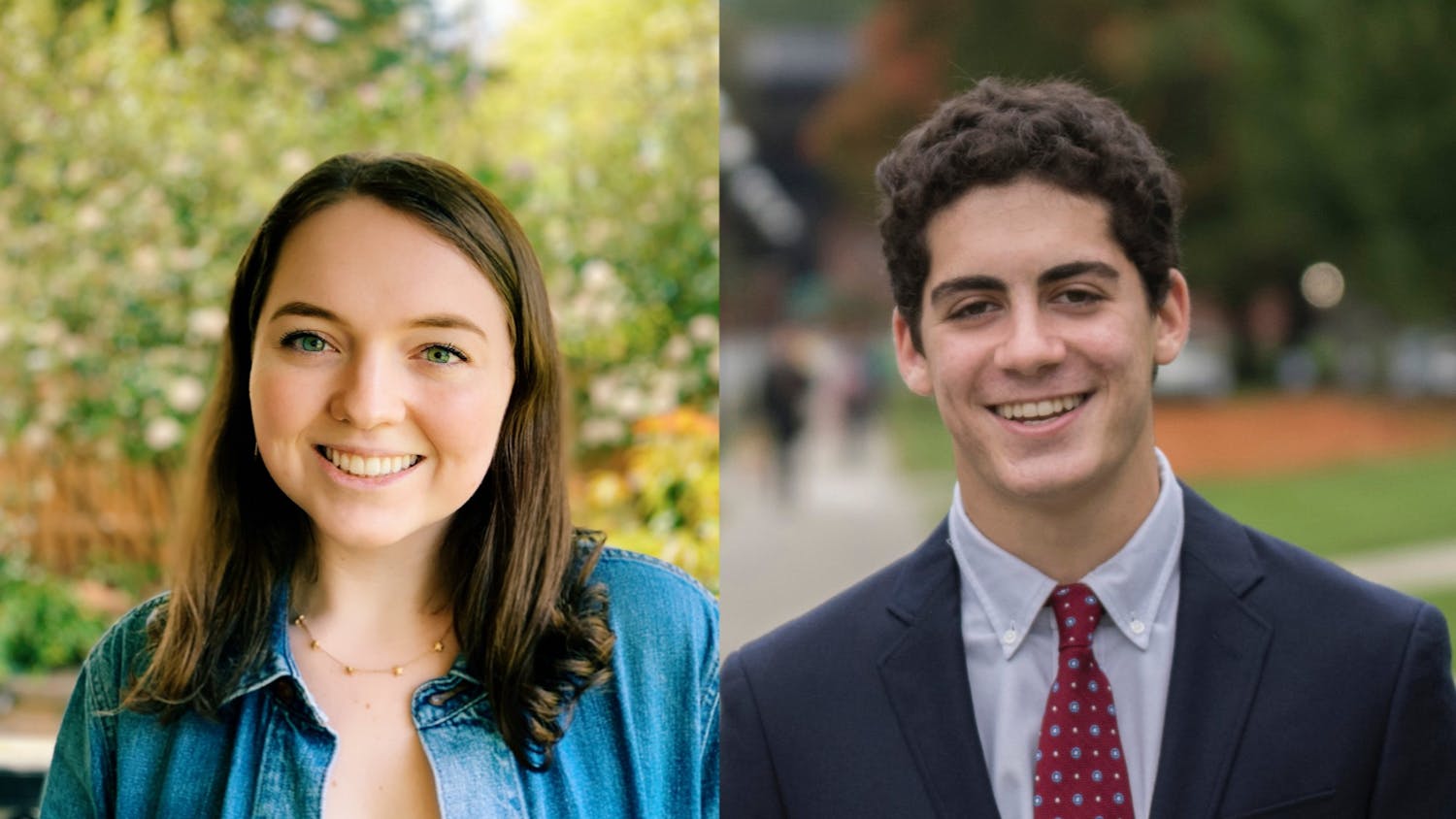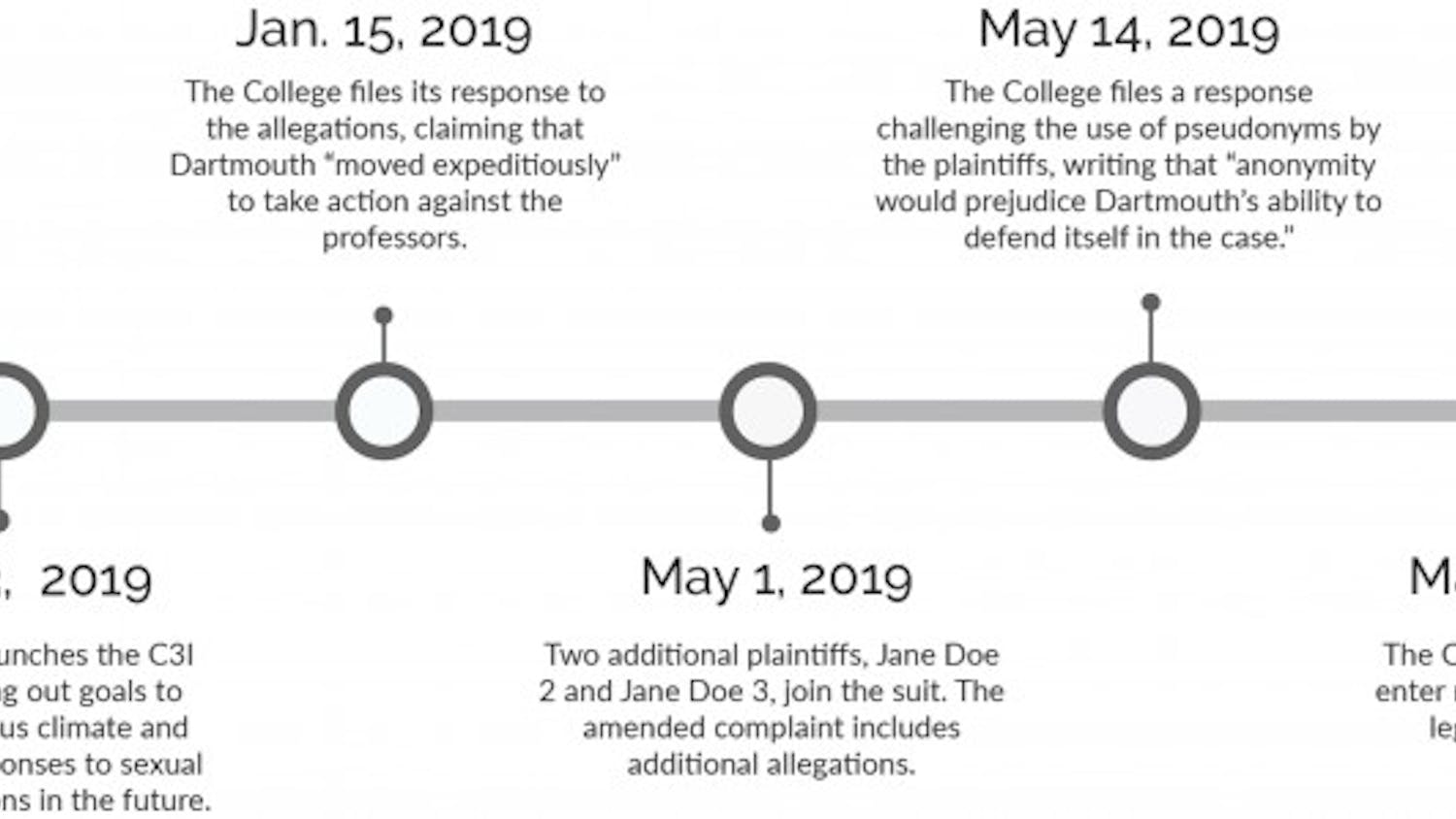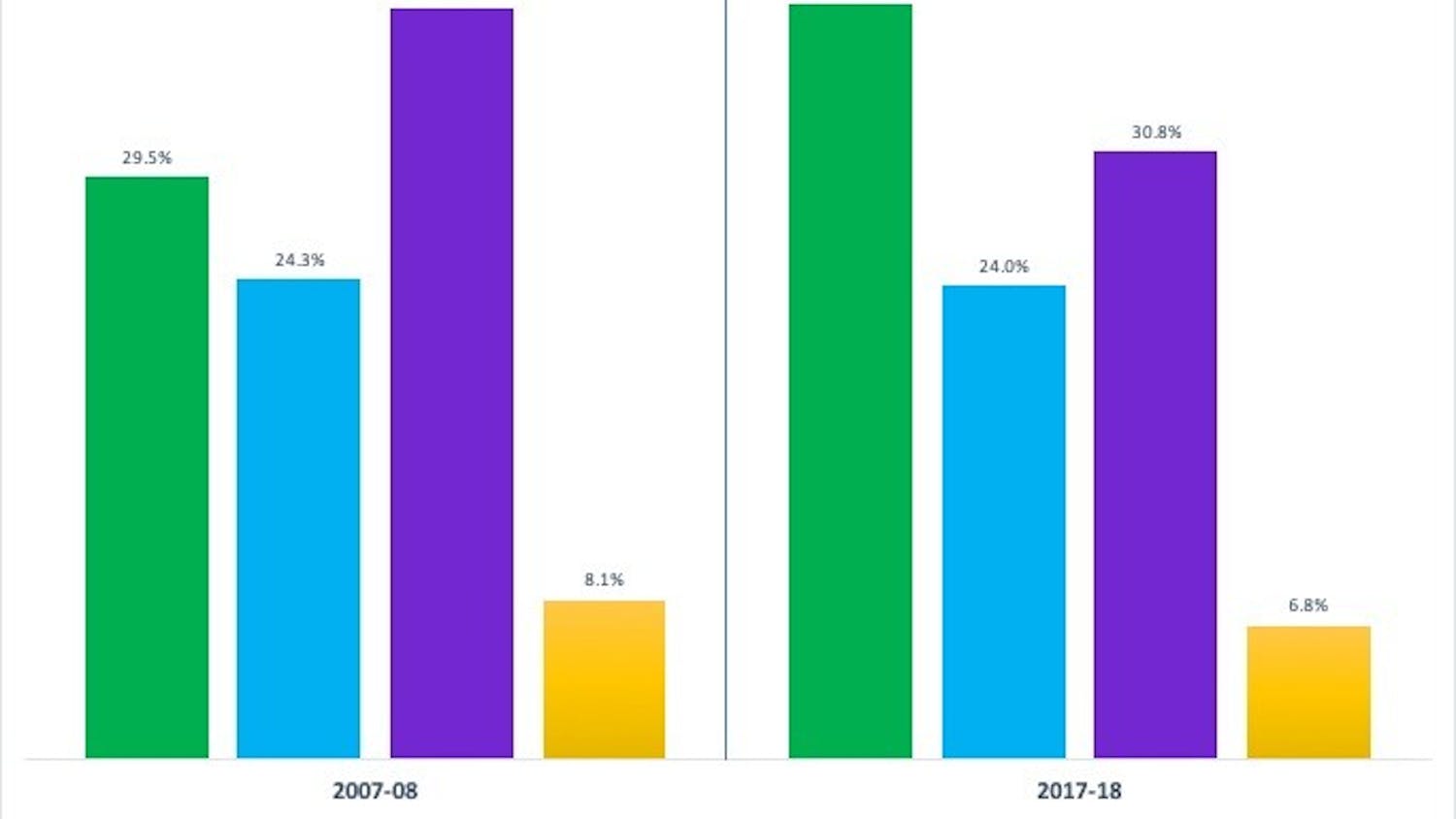Last fall, three students came together with the idea of developing a new publication to connect Dartmouth undergraduates with the wider literary world. This December, the efforts of Frances Mize ’22, Avery Saklad ’21 and Ethan Weinstein ’21 came to fruition in the first edition of Meetinghouse, a literary magazine that has already attracted submissions from over 1,200 authors and poets from around the world.
Disappointed by the lack of opportunity to edit, read and publish professional work at Dartmouth, founders Mize, Saklad and Weinstein began working on Meetinghouse under the guidance of creative writing professors Alexander Chee and Peter Orner. The project was funded in part through a $6,830 grant from the Leslie Center for the Humanities.
Weinstein said he felt inspired to create Meetinghouse due to the absence of literary magazines in the Dartmouth community — an absence highlighted after he struggled to find opportunities to use his English major in a professional capacity during an off term.
“A lot of my friends are economics majors. There's a very rigid track for them,” Weinstein said. “It's all very simple and laid out for them, but if you want to write for a living, it's far more confusing.”
According to Saklad, the name “Meetinghouse” came from the New England tradition of meetinghouses, where residents would come together to discuss religion, debate political ideas and resolve neighborly disputes.
Saklad believes that the magazine, like a meetinghouse, offers an opportunity for writers to share their writing and offer various points of view during a time of political upheaval, although the publication is not explicitly political in nature.
“A large part of it was inspired by social and political turmoil, a lot of division in the country,” Saklad said.
According to Weinstein, he, Mize and Saklad received editorial and publishing advice from Chee and Orner in the early stages of the project. Orner said that while he helped advise the project, it was mainly a student-run endeavor.
“Some magazines have certain faculty run them,” he said. “This isn’t the case. I’m merely an advisor.”
In curating pieces for Meetinghouse, the students placed an emphasis on drawing from a diverse range of writers, particularly those who had never been published before.
According to Saklad, many literary magazines tend to select authors who have already risen to a certain level of prominence. With Meetinghouse, she wanted to make publishing more accessible to lesser-known writers.
“We were interested in creating a publication that gave opportunities to people who don’t consider themselves writers, who don’t have other platforms to publish on,” Saklad said. “We wanted our mission really to represent a lot of different perspectives to differentiate ourselves and not align ourselves with the kind of elitist literary magazine tradition.”
In the process of compiling the magazine, Mize, Saklad and Weinstein individually reached out to writers whom they admired. These works account for approximately one third of the 21 pieces that made it into the final journal, according to Weinstein.
One of the publication’s most successful methods of advertising was Chee himself. Chee, who has published multiple novels and has won the Whiting Award and the Randy Shilts Prize in gay nonfiction, has an expansive social media presence. After tweeting that submissions were open for the magazine on his Twitter account, which has over 79,000 followers, submissions came pouring in at a rate no one previously anticipated.
“We had to make our submission deadline a little earlier, I think, because we were concerned about the sheer number of submissions we were receiving,” Weinstein said. “This summer … I would probably spend five or six hours a day just reading submissions.”
The editors were able to engage closely with their selected authors, who ranged from Dartmouth students to residents of France and Kenya. Through the support from both their grant and donations, the team was able to offer competitive pay to each writer they worked with in the editing process — but did not publish — and those whose works were included in the first issue.
Carson Levine ’21, who is in charge of the magazine’s design, compiled these works into the 155-page inaugural publication. She intertwined text with art, placing the work of artists Turiya Adkins '20, Dylan Diloretto ’21, Phoebe Kong ’21 and Ceylon Niko Chang — a former member of the Class of 2021 who transferred to New York University's Tisch School of Arts — on blank spaces between different stories.
According to Weinstein, the editorial staff at Meetinghouse hopes that they will be able to receive more financial and logistical support from the English department in the future to continue publishing annual print editions. Saklad noted that she hopes Meetinghouse can become an opportunity for more students, particularly underclassmen, to become engaged with the publishing world.
“[Meetinghouse is] what we felt Dartmouth lacked in the literary field, what we wished had been around during our college experience,” Saklad said.
Looking ahead, Weinstein said that the publication hopes to hold readings from writers, host speaking events and potentially offer a Writing 5 class that allows freshmen to be the first eyes on submissions.
“It’s a professional-level magazine created by very enterprising students,” Orner said. “[I have] nothing but praise for how impressive it is.”
Avery Saklad ’21 and Frances Mize ’21 are former members of The Dartmouth opinion staff.
Correction appended (Jan. 11, 2020): A previous version of this article incorrectly stated that the publication has the funds to publish a second edition. It has been updated to reflect that the editors do not have the funds to do so yet. The article also listed Dylan Diloretto ’21, Phoebe Kong ’21 and Ceylon Niko Chang as the artists featured in the magazine. It has been updated to reflect that Turiya Adkins '20 also produced artwork for the publication.
